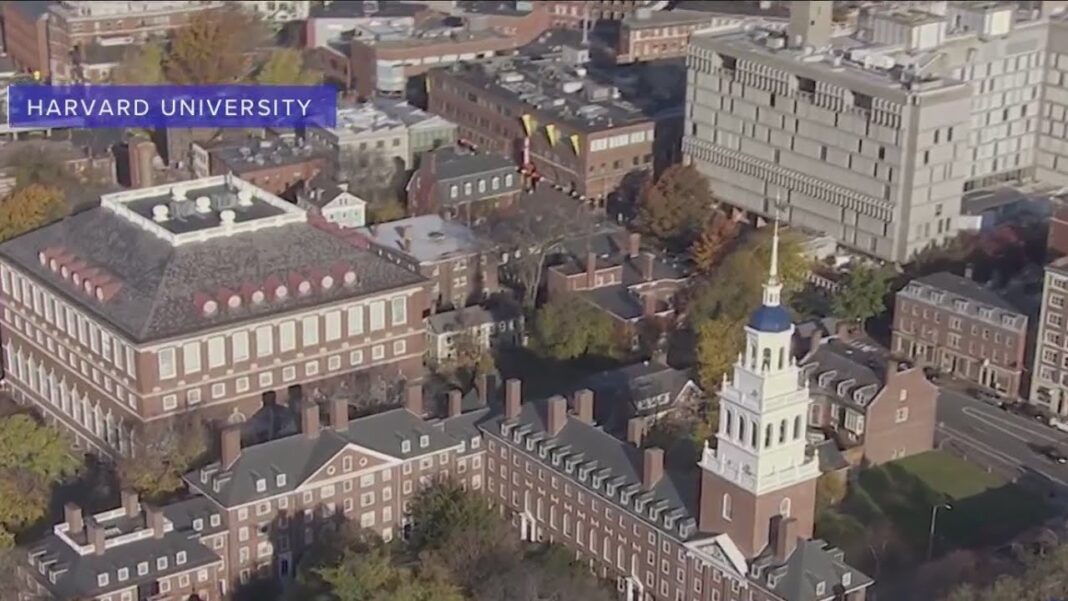Commentary
As the Trump administration revokes visas for Chinese students, critics cry xenophobia, but evidence shows that the United States has been training and funding China’s future military and tech dominance.
The U.S. State Department, under Secretary of State Marco Rubio, has announced it will begin revoking visas for Chinese students, particularly those studying in critical fields or with ties to the Chinese Communist Party (CCP). The move represents a renewed effort by the administration to sever academic ties between the United States and China amid growing national security concerns.
China’s 2017 National Intelligence Law obligates all citizens and organizations to assist in intelligence work, with Article 14 authorizing state agencies to compel such cooperation. As a result, any Chinese national—even those living, studying, or working in the United States—could be legally required to act under the direction of the CCP. This includes more than 270,000 Chinese nationals enrolled at U.S. institutions during the 2023–2024 school year.
Under the Foreign Agents Registration Act (FARA), individuals or entities in the United States who act at the order, request, or under the direction or control of a foreign government must register with the Department of Justice as foreign agents, disclosing their activities, funding, and affiliations. Given the binding nature of China’s intelligence law, it is reasonable to argue that Chinese nationals in the United States could meet FARA’s definition of a “foreign agent.”
Over the past decade, the CCP has been repeatedly identified as the top intelligence threat to the United States. The FBI and Department of Homeland Security have documented numerous cases involving Chinese nationals stealing sensitive information from American institutions.
In February 2024, Gong Chenguang, a Chinese national in San Jose, was charged with allegedly stealing trade secrets, including files related to nuclear missile detection technology.
In March 2024, Ding Linwei was indicted for allegedly attempting to steal artificial intelligence trade secrets from Google.
In April 2024, Li Han and Chen Lin were indicted for allegedly illegally exporting semiconductor processing equipment to China.
In September 2024, two separate indictments charged Wu Song and Wei Jia with allegedly stealing military-related technology.
And in October 2024, five Chinese nationals, all recent graduates of a joint University of Michigan–Shanghai Jiao Tong University program, were indicted for allegedly conspiring to delete evidence from their phones related to restricted research.
A September 2024 report by the House Select Committee on the CCP reveals that due to insufficient legal safeguards in the fields of academic and scientific research, hundreds of millions of dollars in U.S. federal research funding over the last decade have inadvertently contributed to the CCP’s strategic goals, particularly in advancing dual-use, critical, and emerging technologies.
Additionally, the Department of Homeland Security echoed these concerns in a letter to Harvard University, accusing it of cooperating with the Xinjiang Production and Construction Corps (XPCC), a Chinese paramilitary group sanctioned by the United States for human rights abuses. The letter states that Harvard repeatedly trained XPCC members and used Department of Defense funding to collaborate on research with Chinese military-linked universities, including Tsinghua, Zhejiang, and Huazhong, involving projects with potential military applications.








